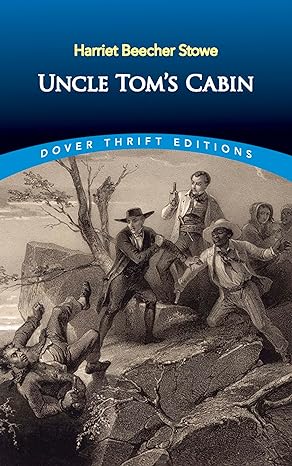Lawn Boy and Lawn Boy Returns by Gary Paulsen
Lots of fun and you learn a little about economics along the way
Beloved YA author Gary Paulsen (Hatchet
The book follows a pretty simple idea - a 12 year-old boy is given his deceased grandfather's small lawn mower. He mows his family's tiny lawn just to try it out and he is offered the chance to get paid to mow a neighbor's lawn. He decides he needs some money to buy a new inner tube for his bicycle tire so he might as well go for it. One job leads to another and because the local lawn service owner has recently left town with the wife of one of his customers there are a lot of lawns that need servicing. There are so many lawns that "Lawn Boy" has multiple adult employees, a stockbroker advising him and more money than he knows what to do with.
 |
| Gary Paulsen |
When his stockbroker gets lucky with a couple of penny stocks and then accidentally invests in a prize fighter the fun really starts. As his stockbroker (my favorite character for his unabashed love of capitalism and his short, odd explanations) notes to Lawn Boy, "You have had a very groovy month..."
Of course, the ridiculous amount of money that "Lawn Boy" generates in just a few weeks is unrealistic, the beauty of the book is that it could happen if this happens and that happens and everything aligns just right. If...if..if. Paulsen names most chapters after an economic (or business) concept. For example, Chapter 3 of Lawn Boy is called "The Law of Increasing Product Demand Versus Flat Production Capacity" (the chapter where he adds employees because he can no longer service all of the lawns by himself). What a chapter to introduce supply and demand and how business deals with excess demand!
Anyway, the economics teacher in me got all excited about Lawn Boy. The avid reader in me liked it even more - a book that is fun to read that actually teaches something!
I rate this series 5 stars out of 5. Both books can be found on Amazon.com here: Lawn Boy and Lawn Boy Returns.
Reviewed on July 18, 2011.










Comments
Post a Comment